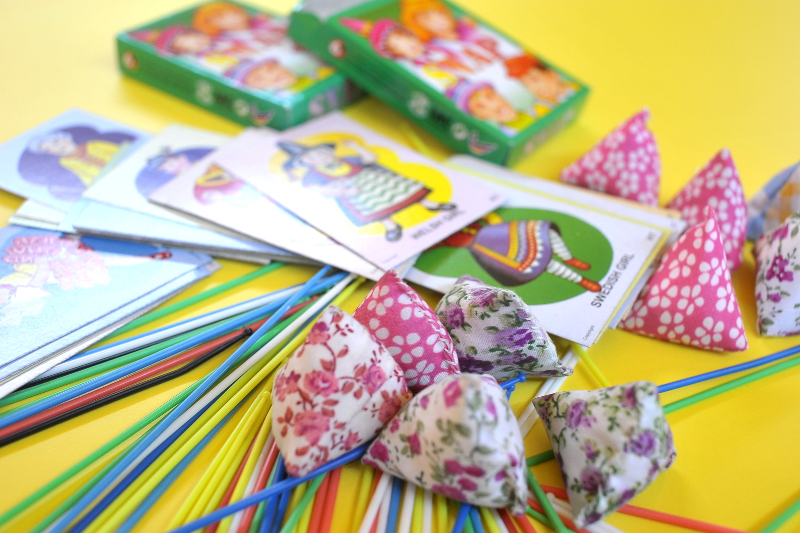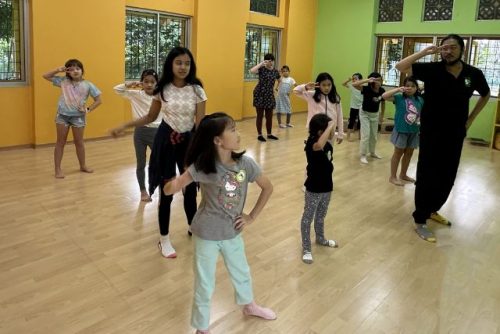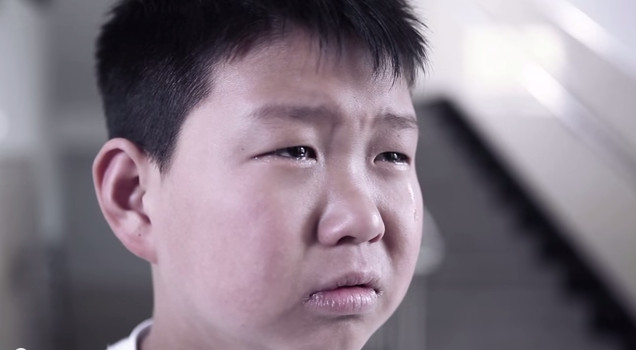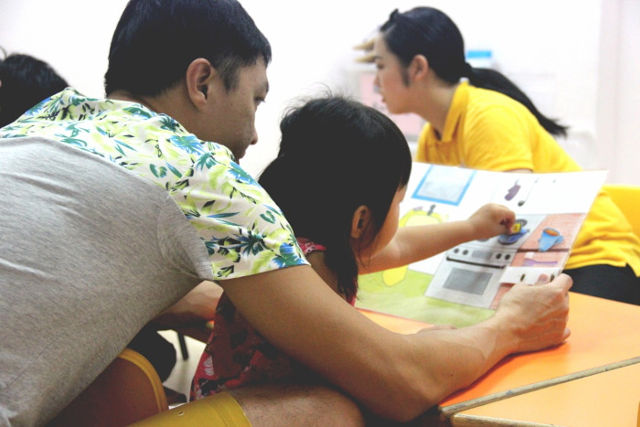“Think twice before you speak, because your words and influence will plant the seed of either success or failure in the mind of another.” – Napoleon Hill
Words have power. Our words have the ability to deeply hurt another human being or hinder progress, or to encourage and uplift a person’s spirits. As a parent, your words have tremendous potential in shaping how your child views himself and the world.
We list down 10 phrases and questions that will help you to build into your children’s lives in positive ways.
1. I love you

To say that Asians are just not as expressive as our Western counterparts is a thinly veiled excuse for our passivity as parents. Our kids are searching for love, and surely the best place they can get it from is from you, their parent. Tell your kids how much you love them – not just on special occasions, but every day.
2. I will be here

When your child is going into unfamiliar territory or fearful about something, this is one of the best things you can say. Instead of promising all kinds of rewards or delivering ultimatums, assure your child that you care for him and cheering him on – whether or not he does good or bad. Your presence matters to your child so much more than any gifts money can buy.
3. How was your day?
We all view our experiences through our own personal lenses, and your child is no different. Even if you have spent the whole day with her, chances are that her take-aways from the experiences shared are different than what you had. And if your child is in school, that’s a few hours of time when she has been making memories apart from you that you don’t know about. Taking the time to find out how your child feels about her day is a great way to keep the connection strong.
4. Please wait
So many things are instant this day, at the touch of a button or swipe across the keypad. Our children need to learn the beauty of patience and the value of delayed gratification, and this is one lesson that simply can’t wait. The next time your child asks for something and you’re tempted to drop what you’re doing and come to his aid, ask yourself if the need is really urgent. If not, why not say “Please wait”?
5. It’s okay to be sad / mad / scared / glad
Our children need to have their feelings validated, but too often we ask them to suppress how they really feel. For instance, when our child is afraid to go into a dark room, we say “Don’t need to be scared, it’s nothing!” Or when one child snatches a toy away from his sibling, we might say “Don’t get angry with him, he’s your younger brother.” In these scenarios, we are effectively telling our kids that (1) their feelings don’t matter and (2) they should not be feeling these things – and this message can have grave implications for how our children make sense of their emotions and decide on their best course of action in life. Instead, acknowledge your child’s emotions and coach him to find handles to manage his response. For example “I know you’re scared of the dark. What will make you feel brave enough to go into the room?”
6. I’m sorry, will you forgive me?
We always ask our kids to apologize for their mistakes, but we adults often go scot-free when we’ve messed up an appointment time or packed too many activities into our child’s day. Be mindful of occasions when you could have done better, and be humble enough to apologize to your child. This models repentance for them and reminds them that everyone makes mistakes once in a while.
7. I believe in you

Our children need us to be their biggest fans, without buttering up a swollen ego. On the one hand, don’t be over-generous and general with your praise. On the other hand, avoid praise only for success or accomplishments – remember to let your child that you believe in him even before the task is attempted – simply because you believe he can.
8. Go for it!

This is similar to the statement above, but it’s a little more than just cheering your child on. Challenge your child to do hard things, to reach for new goals. Things like music lessons, taking part in competitions, learning a new sport – the going may get tough, but such experiences teach our children (and ourselves!) the invaluable lessons of patience, perseverance, resilience and courage.
9. Wow, how did you do that!
Ask this question to your child and watch their little chest puff up with joy and pride – in a good way. Don’t take for granted those activities that we do so easily and forget to see the hard work, creativity and initiative your child invested into making it happen. Like her putting on her own shoes when you said it was time to go out. Or him managing to follow the instructions in his Lego kit manual.
10. I’m proud of you

Our children are bombarded by all manner of messages every day – from us, from their peers, from teachers and from the media. Messages that tell them they are not good enough, or not clever enough, or not popular enough. A little bit of encouragement goes a long way. So encourage, encourage, encourage.
By Dorothea Chow.
* * * * *
Any thoughts after reading this article? Please feel free to leave us your comments!
Like what you see here? Get parenting tips and stories straight to your inbox! Join our mailing list here.



























































Leave a Comment: